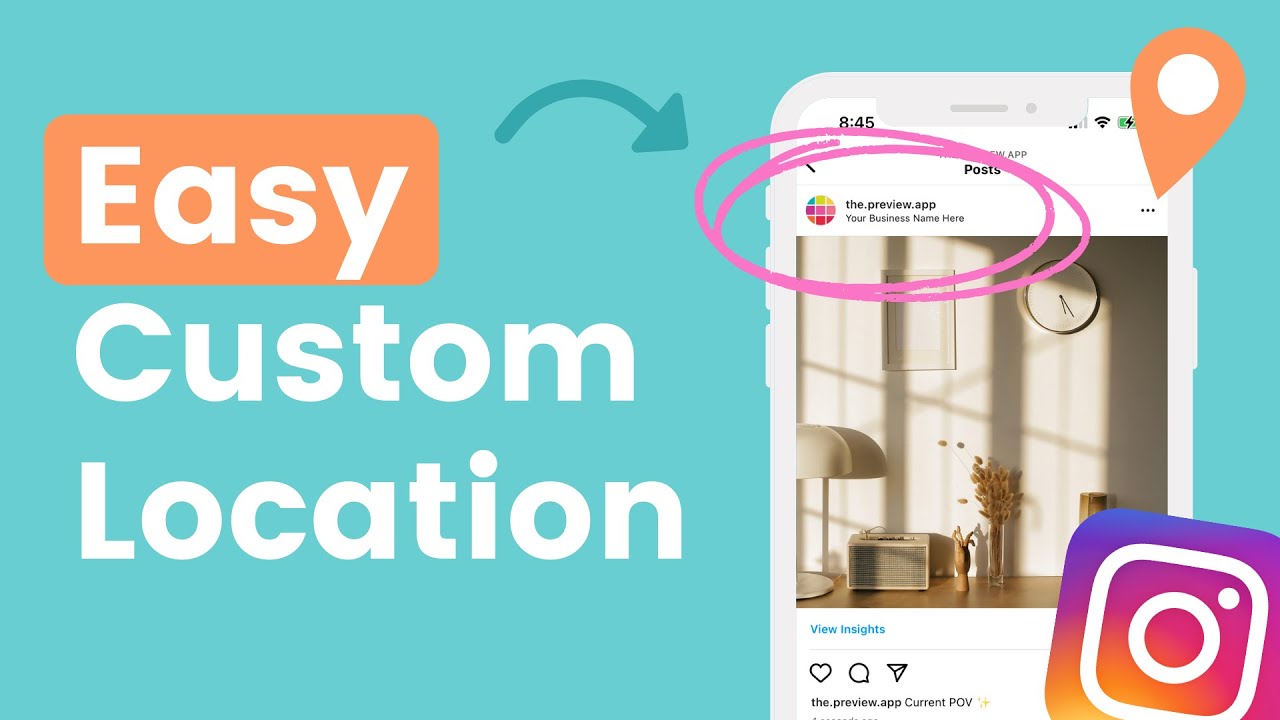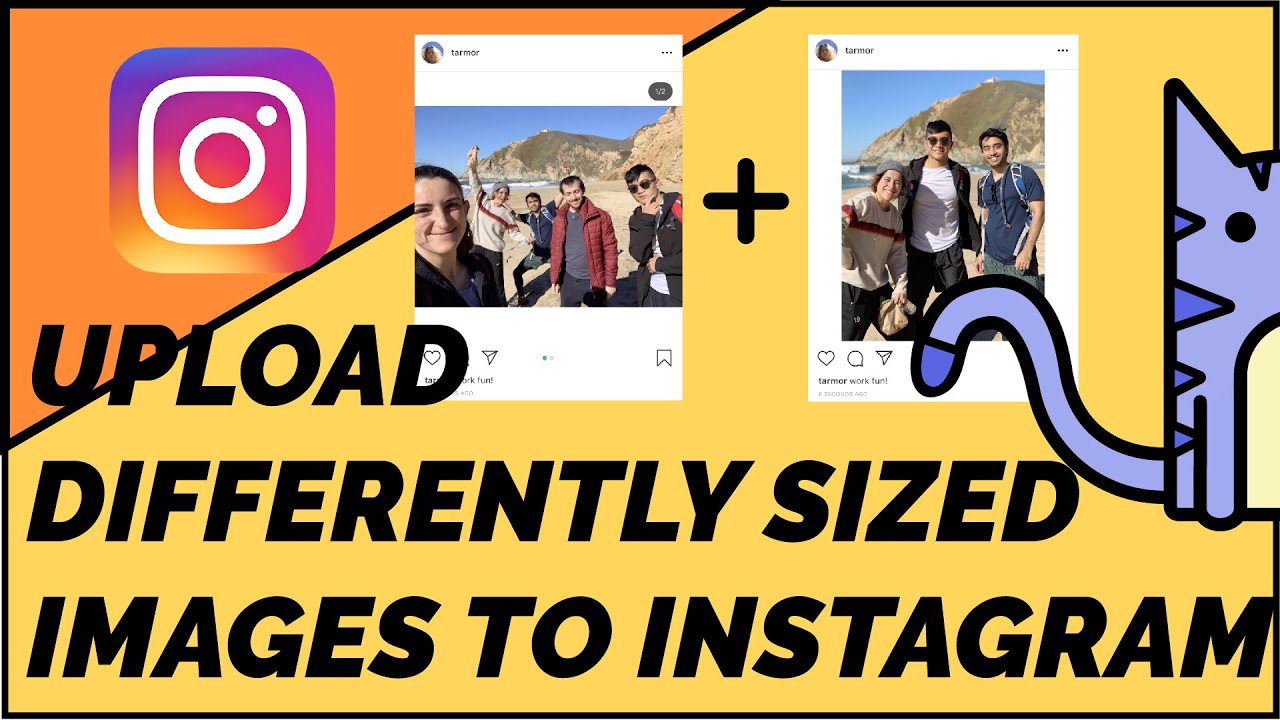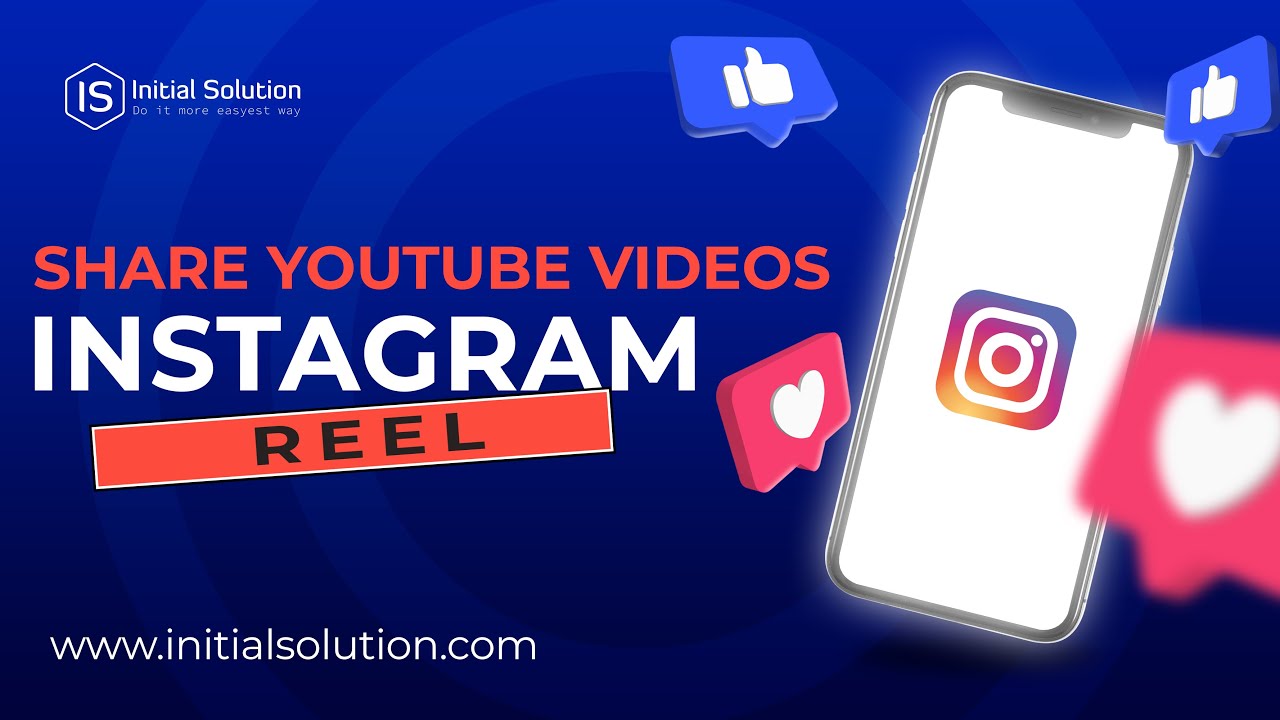How to create a custom location on instagram for your posts

The Importance of Custom Locations on Instagram
Instagram has revolutionized the way we share our lives with friends and followers. One of the most impactful features of this platform is the ability to add geotags to your posts. By creating a custom location on Instagram, you can give context to your images, making them more relatable and engaging. Not only does this help your followers understand the where behind the photo, but it also aids in gaining visibility among users searching for that particular area.
Many brands and influencers have started to recognize the power of location tagging in their marketing strategies. It helps attract local audiences and enhances community interaction. Using custom locations can increase the chances of your posts being discovered by people who are interested in specific regions or events.
How to Create a Custom Location on Instagram
If you’re aiming to enhance your Instagram presence by creating a unique location for your posts, you’ve come to the right place! Follow the below steps to set up a custom location that’s sure to capture the interest of your audience:
Step 1: Enable Location Services
First and foremost, make sure that location services are enabled on your smartphone. Go to your device settings and ensure that location is turned on for Instagram. This allows the app to access your location when you’re creating a post.
Step 2: Create Your Custom Location
To create a custom location, you will need to use Facebook since Instagram pulls location data from Facebook’s database. Here’s how to do it:
- Open the Facebook app and tap the “What’s on your mind?” area to create a new post.
- Tap on “Check In”.
- In the search bar, type in a name for your custom location that isn’t already listed.
- Select “Create a new place” from the dropdown menu.
- Fill in the details such as the place name, category, and specific address. Hit “Create” to finalize.
Step 3: Use Your Custom Location on Instagram
Once you have created your location on Facebook, it will automatically appear on Instagram. Here’s how to use it:
- Open Instagram and tap the “+” icon to create a new post.
- Once you have uploaded your photo or video, proceed to the next screen until you reach the “Add Location” section.
- In the location search bar, type the custom location name that you just created.
- Select it, and you’re all set! Your post will now feature your custom location.
Best Practices for Using Custom Locations
While creating a custom location is straightforward, using it effectively can greatly impact your Instagram strategy. Here are some best practices:
1. Keep it Relevant
Your custom location should be relevant to the content of your post and your audience. If you’re posting about a local event, make sure the location reflects that. This keeps your audience engaged and helps attract the right viewers.
2. Use Unique and Descriptive Names
Choose names that are unique and descriptive enough for users to understand what the place is about. Avoid generic terms and instead, opt for creative names that can catch the eye of your followers.
3. Promote Local Engagement
Incorporate local hashtags along with your custom location to maximize visibility. This can attract nearby users and encourage interaction with your posts. Combining these elements strategically makes it easier for local users to discover your content.
How Custom Locations Enhance User Experience
Custom locations do not merely serve your marketing needs; they also enrich the overall user experience on Instagram. Here are some reasons why:
1. Discoverability of New Places
When users browse through geotagged posts, they encounter new locations they may not have known about before. Custom locations can function as a form of digital word-of-mouth marketing, encouraging users to explore different streets, parks, or events.
2. Create a Sense of Community
By pinpointing specific locations, you can foster a sense of community among your followers. Users can share experiences of the same location, creating a bond based on common ground.
3. Storytelling Opportunities
Every location comes with a backstory. By tagging the right locations, you can create a narrative that resonates with your audience. Your captions can also draw in followers, inviting them to share their own stories related to the location.
Leveraging Custom Locations for Business Growth
For businesses, having a strong Instagram presence can lead to growth and increased customer engagement. Utilizing custom locations can be a game-changer in this regard. Here’s how:
1. Attract Local Customers
By tagging your business’s location, you can draw in local customers who are searching Instagram for nearby services or products. A well-tagged post can lead potential customers right to your doorstep.
2. Collaborate with Local Influencers
Partnering with influencers in your area can amplify your reach. These influencers can feature your custom location, helping you tap into their audience and broaden your online footprint.
3. Engage Through Promotions and Events
Hosting events or special promotions tied to a custom location can generate excitement. You can have attendees tag the location in their posts, allowing their followers to discover your business through organic shares and interactions.
Tips for Managing Your Instagram Locations Strategically
Maintaining optimal visibility and engagement with custom locations requires strategic management. Here are some effective tips:
1. Use Instagram Insights
Regularly check Instagram Insights to understand how your audience is interacting with your posts. This will help you refine your content strategy while focusing on the locations that attract the most attention.
2. Encourage User-Generated Content
Encourage your followers to use your custom location in their own posts. This can lead to a wealth of user-generated content that not only showcases your brand but also promotes community engagement.
3. Maintain Consistency
Be consistent with how you use your custom locations in your posts. Over time, this creates a recognizable theme that makes it easier for users to connect with your brand’s identity.






